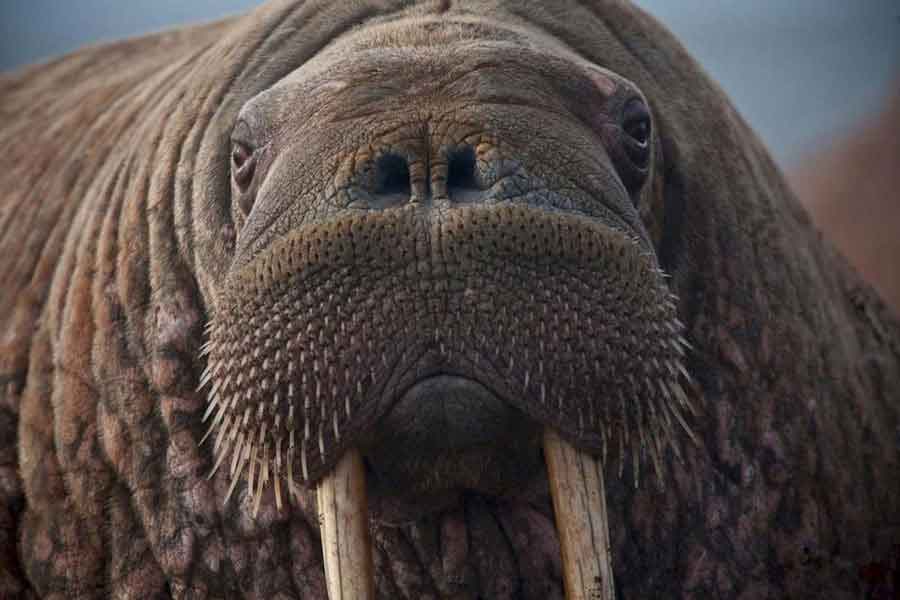
All animals are born with a significant amount of information known as «genetic load.» The application of this information to everyday life is what we often refer to as «instinct.» In animals with more developed brains, there is also the capacity for learning. The more an animal learns, the further it moves away from instinct; the more information it receives, the less it relies on and interprets the genetic load.
One of the major concerns of the Soviet port of Arkhangelsk in the Arctic was knowing when the thick layer of ice, which blocks the passage of ships every year, including the largest icebreakers, would break. Knowing the exact date of the ice breakup is crucial for anticipating the passage of ships without significantly affecting the local economy.
For this reason, in the 1970s, all the existing technology at the time was gathered to determine the ice breakup period. Over 100 meteorological stations along the Siberian coast, equipped with state-of-the-art instruments and staffed by the best meteorologists and scientists in the area, worked together to calculate the exact date but achieved no results. However, after years of observing the ice, they were amazed to see that the walruses arrived in the area exactly ten days before the ice broke, which was a necessary condition for them to obtain food through fish capture. Could these blubbery animals know more than the best scientists of the time? The answer seems to be affirmative. Since then, the ice breakup can be predicted ten days in advance by observing the walrus herds approaching the area, which definitively solved the grave problem.
Humans, animals with a more developed brain than the average animal and who also move in herds, tend to rely more on what we have been taught rather than deciphering instinct to the point that it has almost disappeared from our lives. While a bee, with its almost nonexistent brain, can accurately predict rain, we still look up at the sky in surprise when water falls on our heads. We have inevitably lost the sacred connection with our planet and its changing moods.
It is not difficult to understand, then, that in the massive tsunami in Thailand, where over 190,000 people perished, not a single wild animal on the coast died. They knew what was happening and preempted the disaster, while humans did not even realize the presence of the massive wave when it was just a few meters away from them.
If we can understand that we have definitively lost the connection, we must then deepen our observation of those who still possess it. We must develop our intelligence to the point where we can understand, at least for once, that animals know things that we are completely unaware of, and that the only possibility for the survival of our species is to ally ourselves and mutually protect each other with those we have always considered «inferior animals.» For without them, our solitary destiny will be definitively sealed.
«You cannot defend what you do not love, and you cannot love what you do not know.»

